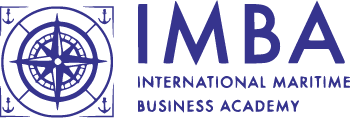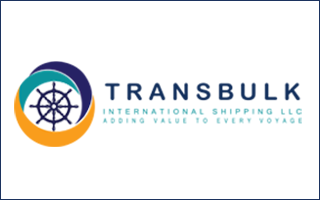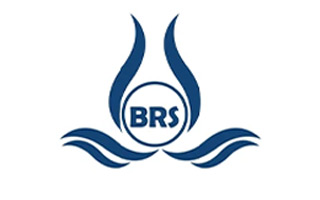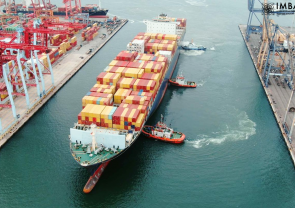Commercial Shipping Career Awareness program at Baluni Public School
- Visit to Hazira Port and Ship 1st Oct 2024
- Career Counselling Session 3 August
- 10 August Direct Admission in BBA
Post-Graduate Courses

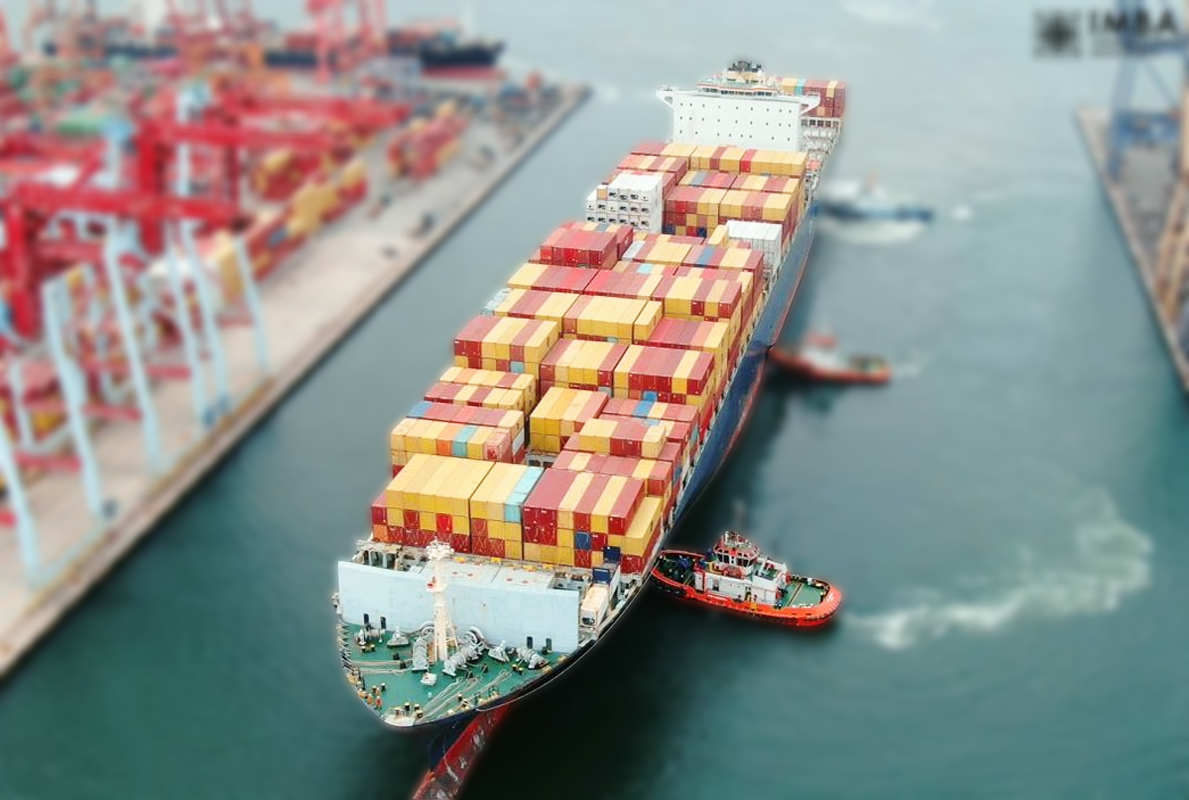
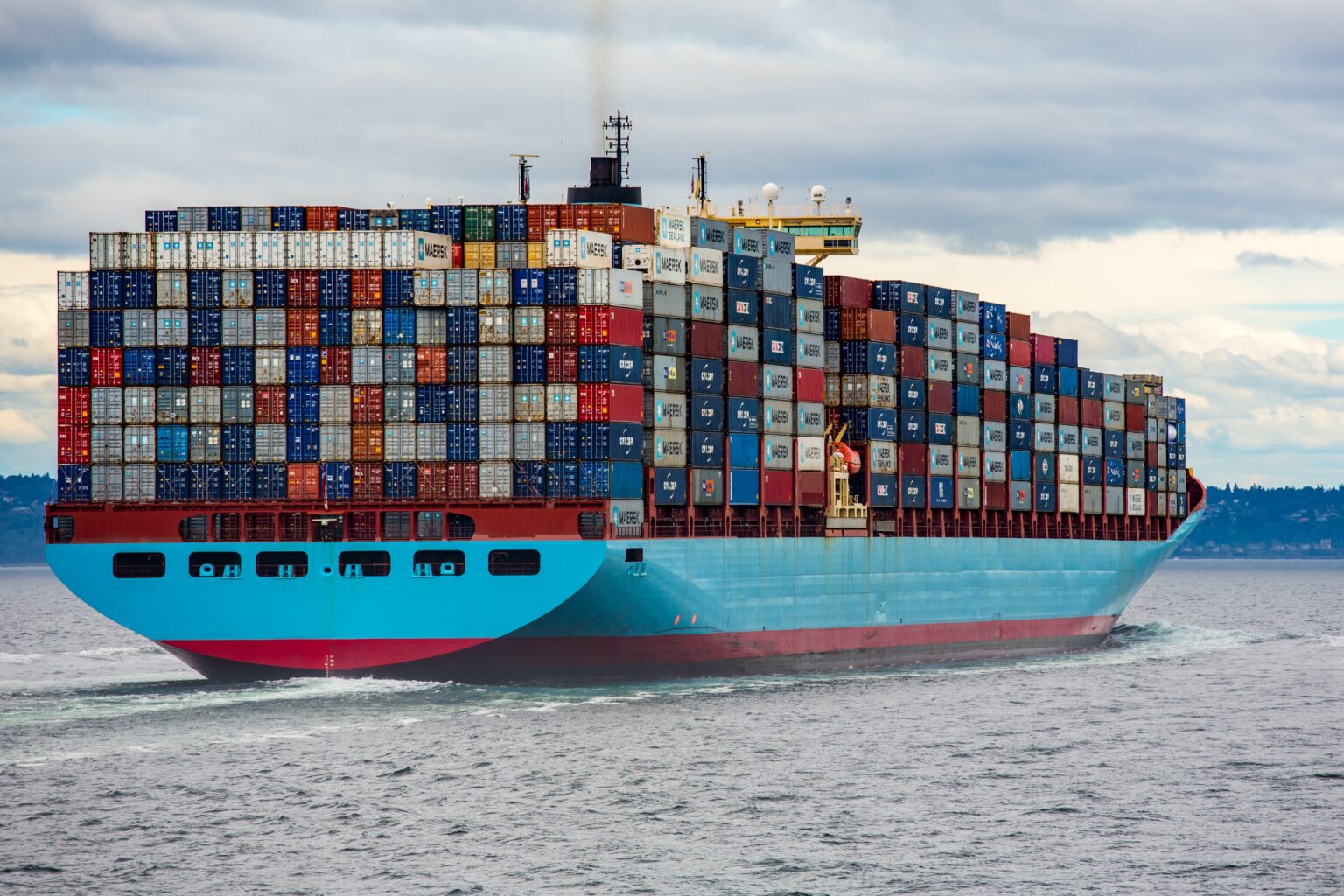
Steering Your Future Towards Growth
Academic Partners
At IMBA, we prepare you to launch your career by providing a supportive, creative, and professional environment from which you learn practical skills and build a network of industry contacts.
Admission Open 2024
Contact Us- info@imbaeducation.com
9520887526 | 9520887527
Latest Blogs
Latest Events
Career Counselling Session
10 August direct admission in BBA
Visit to Hazira Port and Ship 1st Oct 2024
Our Students Review
Ever since I got to know about the Business aspect of Shipping Industry, I knew I had to enter this field. I waited for almost 1 year and finally the day came when I resigned from my previous job and the very next day I found myself sitting in the IMBA’s admission office. Four months of theory and there I was sitting for interviews with International and domestic shipping companies. All credit goes to the placement cell of IMBA headed by Ms. Neha Kannojiya, who made sure to give us all the opportunities available. Today, I am proudly representing IMBA internationally as an Operations Executive with Sharaf Shipping Agency, Dubai.

Vivek Patel
Shipping Executive Sharaf Shipping Agency (Dubai)I used to work in NBFC firm in surat (Gujarat), I was looking for an opportunity with growth prospects and I got to know about commercial shipping industry and than I came across IMBA.

Janvi Modi
C/P Desk Executive MarcuraI got to know about the background and value of the shipping industry from my UG, but I did not have the adequate practical knowledge to enter this field, that’s when I found IMBA whose curriculum has been prepared by the industry experts themselves us immense opportunities to join the commercial shipping industry in different profiles. My decision proved to be worth it and gave me just the kind of placement I had dreamt of.
I will always be thankful to Neha Ma’am for giving me this opportunity to take career with an International Placement with Transbulk International Shipping.(Dubai)

Sanjita Gupta
Operations Executive Transbulk International Shipping (Dubai)Contact Us

Contact us for assistance, we look forward to hearing from you!

